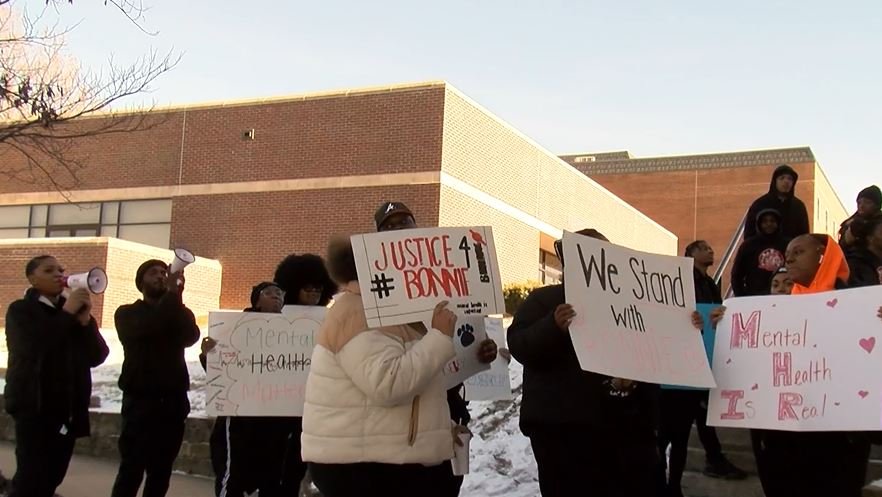DrBanneker
Space is the Place


We last covered Cheyney University of Pennsylvania which received an average score of 6.7.
See the updated leaderboard here
Missouri has two HBCUs. He first covered Harris-Stowe University of St. Louis and today we will cover the other Lincoln University (MO) in the capital Jefferson City (not to be confused with Lincoln University PA). Lincoln University in Missouri was established right after the Civil War after local Black soldiers from the 62nd Coloured Infantry regiment requested a school for the local community. It was state supported from the start and became a land grant school in 1890 after the second Morrill Act.
It was noted as a progressive and upcoming university in the early 20th century and was mentioned by WEB DuBois in his article criticizing the progress at Wilberforce University. It had one of the widest sports programs amongst HBCUs up through the 1950s (including a womens' archery team) and included a law school, journalism school, and school of military science.
Lincoln Missouri was one of the most impacted HBCUs by the 1954 Brown v. Board of Education decision. After the decision it opened its doors to all students and many Whites, often local commuters, began to attend the school. By 1970 it was 1/3 White. Only the HBCUs in West Virginia and some smaller community colleges saw as drastic a shift (see their stories here). Another effect of integration was the closing of many departments that had served Black students in segregation that were now seen as redundant. Lincoln had a law school which was the Black alternative to the University of Missouri Law School. This and the journalism school closed soon after the Brown decision. Today Lincoln is about 57% Black.
Lincoln has one of the more prominent local nursing schools and a strong alumni base in both Jefferson City as well as among Black politicians in the state. It still draws significant numbers of Black students from far away places like California giving it name recognition as a HBCU for the western US.
Also see this great profile on its president by @get these nets
Founded: 1866
City, State: Jefferson City, MO
Type: 4-Year Public
Nickname: Blue Tigers
Enrollment and percent Black enrollment: 1,794 (1,689 undergraduate), 57% Black
Part-time student percentage: 30%
First Generation Student Percentage: 38%
Percentage of students from households under $30k/over $100k: 56% / 5%
Out of State Percentage: 33% (Top States: Illinois, California, Kansas, Tennessee, Indiana)
Student-to-Faculty Ratio: 13:1
Admissions Acceptance Rate: Open admissions
4-yr/6-yr graduation rates: 18% / 27%
Transfer out rate: 36%
Male/Female percentages (Female:Male Ratio): 40% male/ 60% female (1.5:1 ratio)
Tuition: In-state: $8k, Out-of-state: $16k
Median Federal Debt After Graduation: $30k
Median Parent PLUS Loans After Graduation: $15k
Median Earning 10-Years after 10 years from freshman year: $35k
Median Earnings for specific majors after 3 years after graduation:
Registered Nursing: $61k, Information Science: $43k, Business Administration: $40k, Education: $33k
Top Majors by Degrees:
Business Administration, Registered Nursing, Psychology, Agriculture, Education, Nutrition
Endowment: ~$10M
Alumni Engagement: 5% of alumni give back
Athletic Conference: MIAA (Mid-America Intercollegiate Athletics Association) - NCAA Div II
Mascot: Blue Tiger

Notable Alumni:
Dorothy Butler Gilliam - co-founder National Association of Black Journalists (NABJ) and first Black woman reporter at the Washington Post
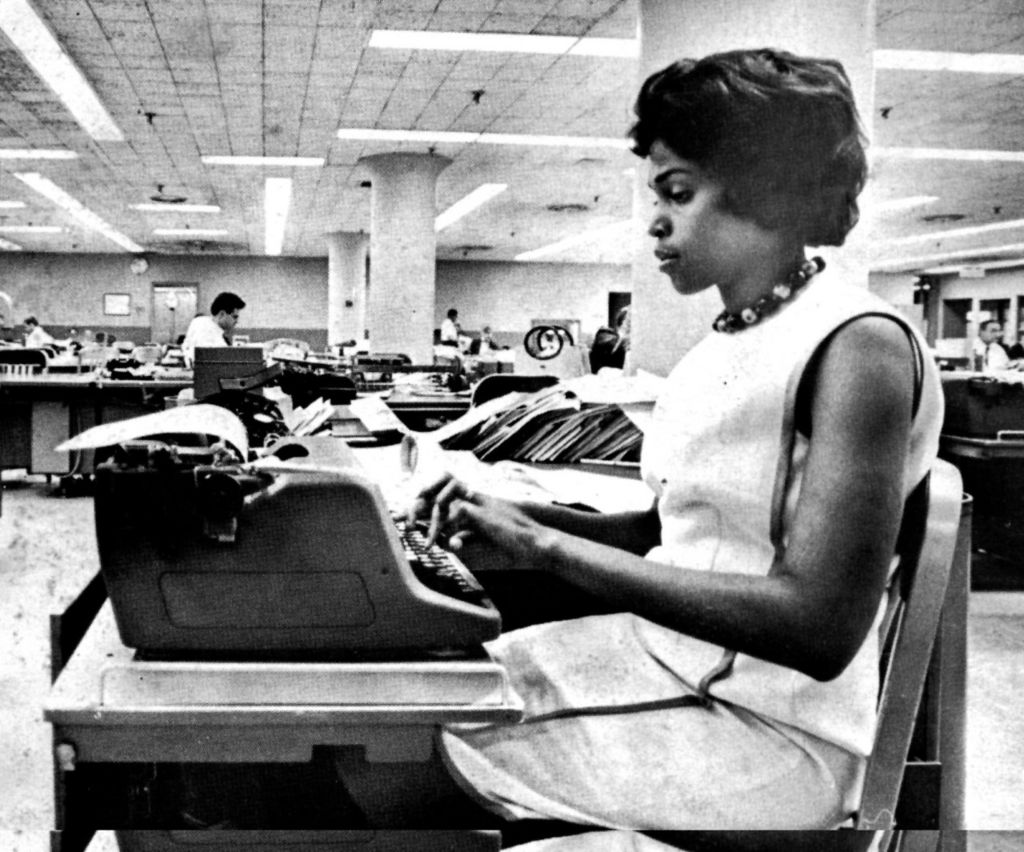
Moddie Taylor - chemist that worked on the Manhattan Project and led Howard's Chemistry Department in the 1970s
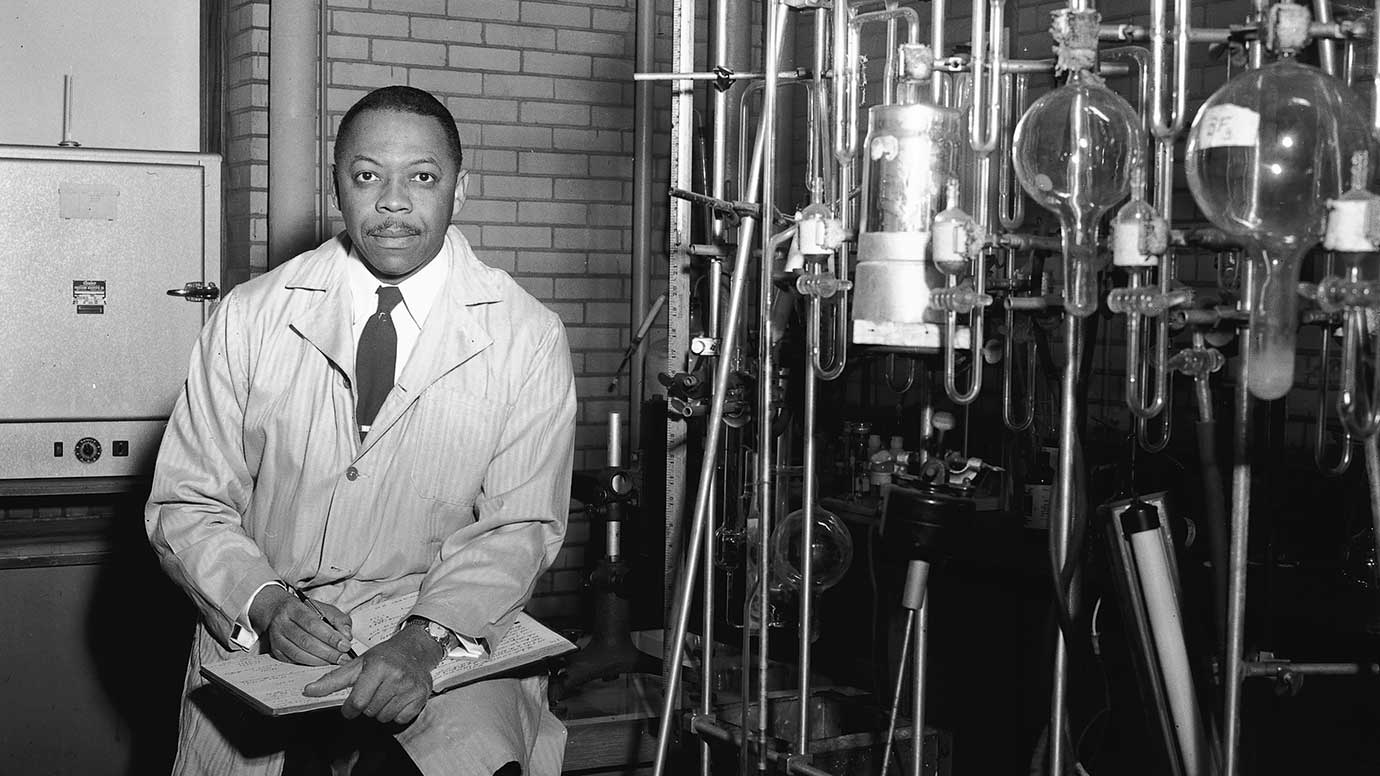
William Blaine Luetkemeyr - Missouri congressman

William Tecumseh Vernon - prominent Missouri educator and Republican; appointed Register of the Treasury by President Theodore Roosevelt
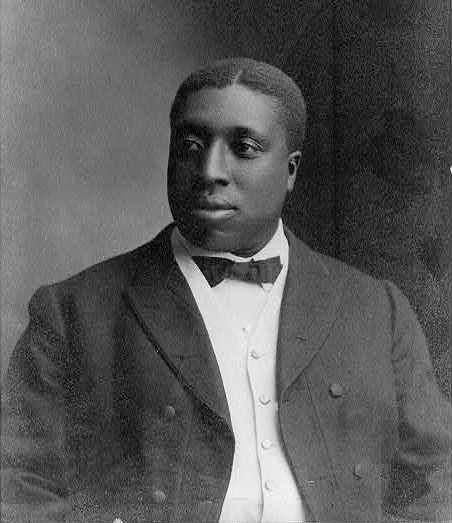
Ann Walton Kroenke - Wal-Mart heiress and Denver Nuggets owner

Main Campus
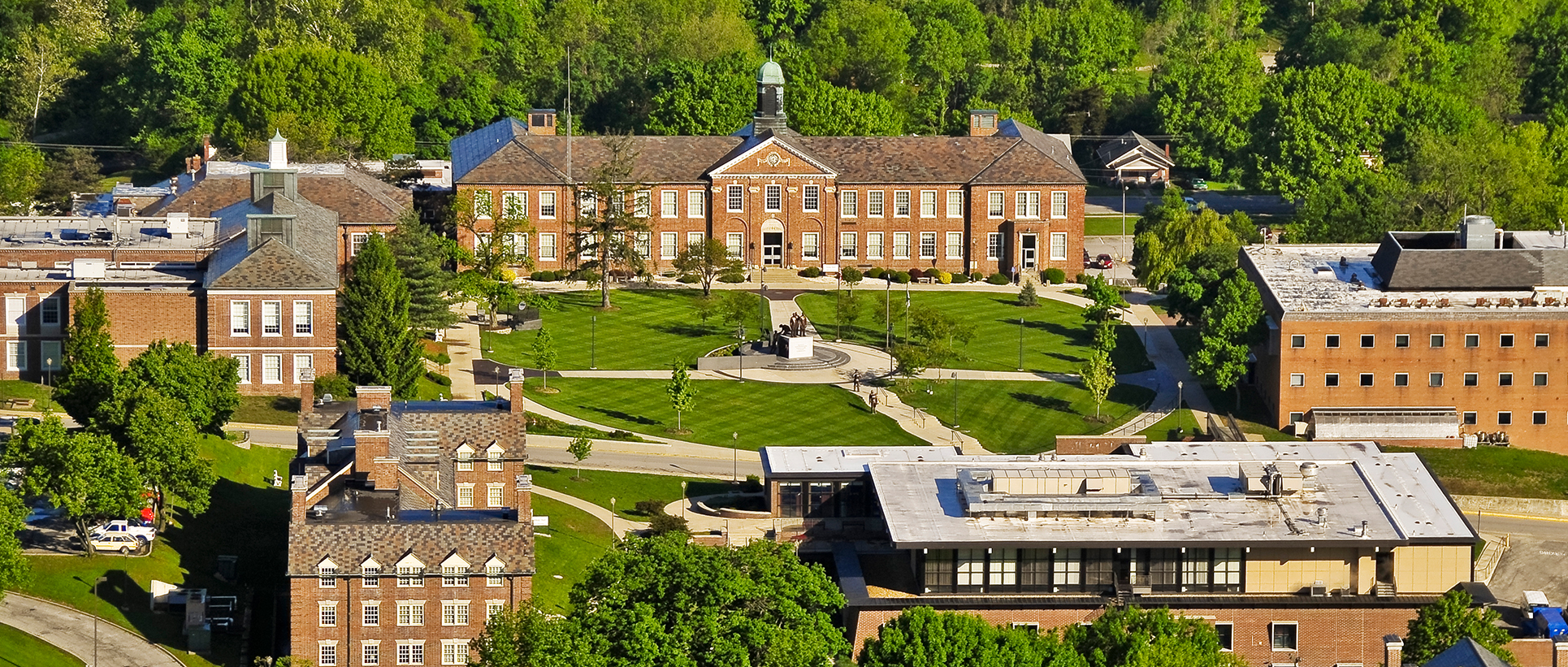
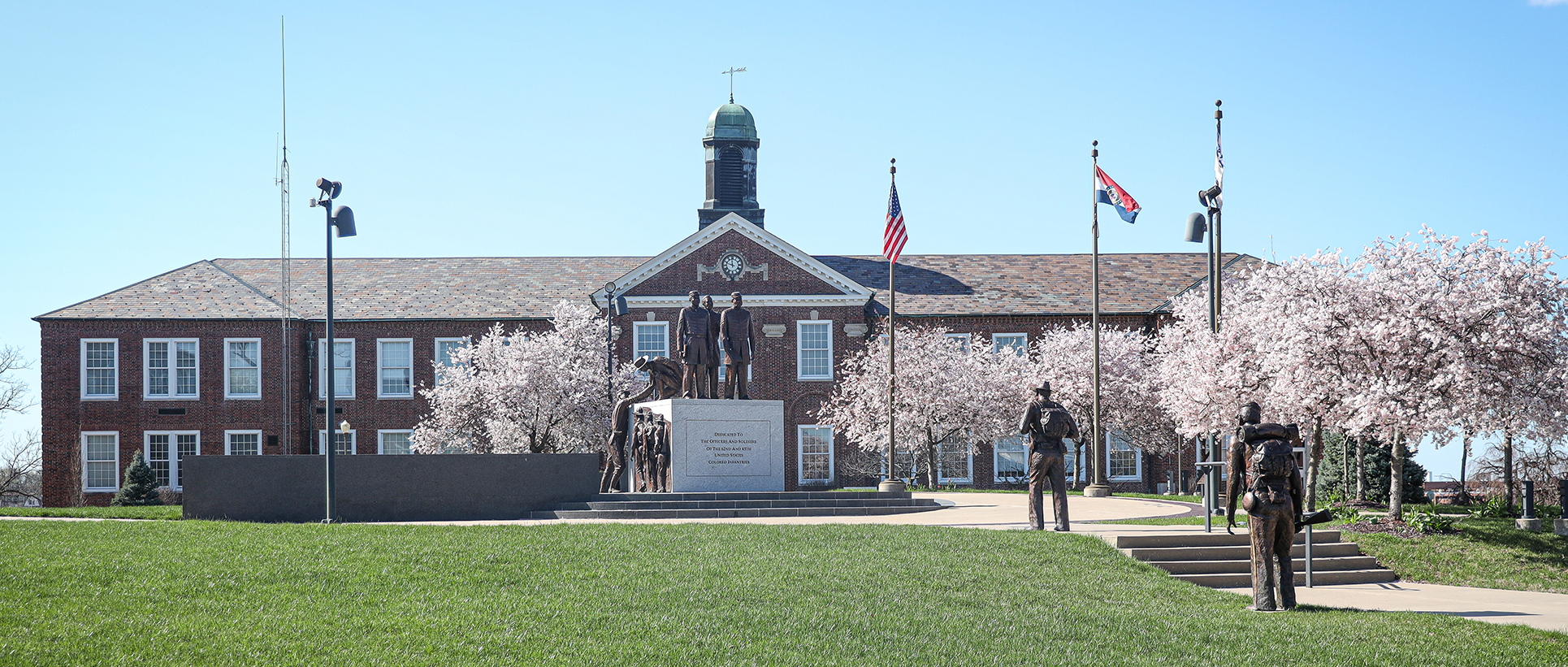
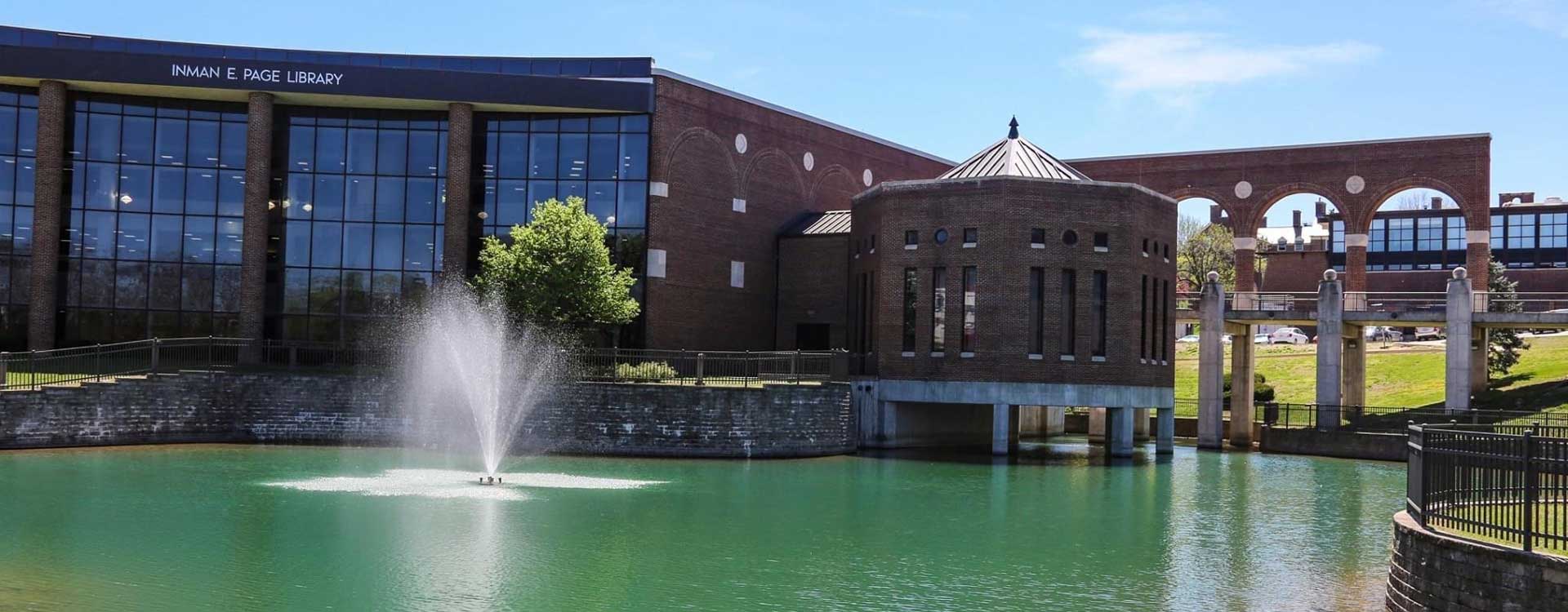
Stadium
Gymnasium

Marching Musical Storm
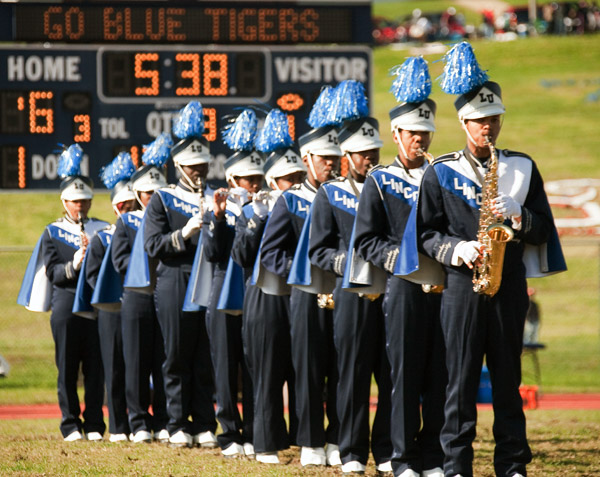

Cheerleaders
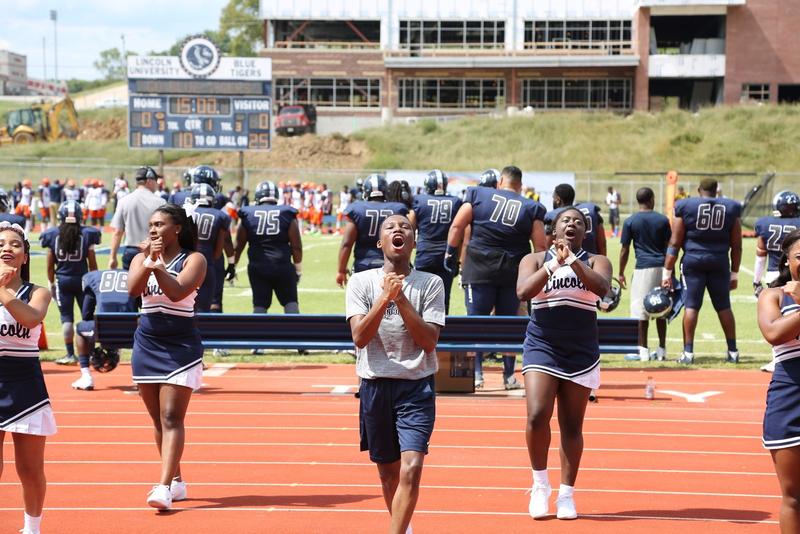
Dancers
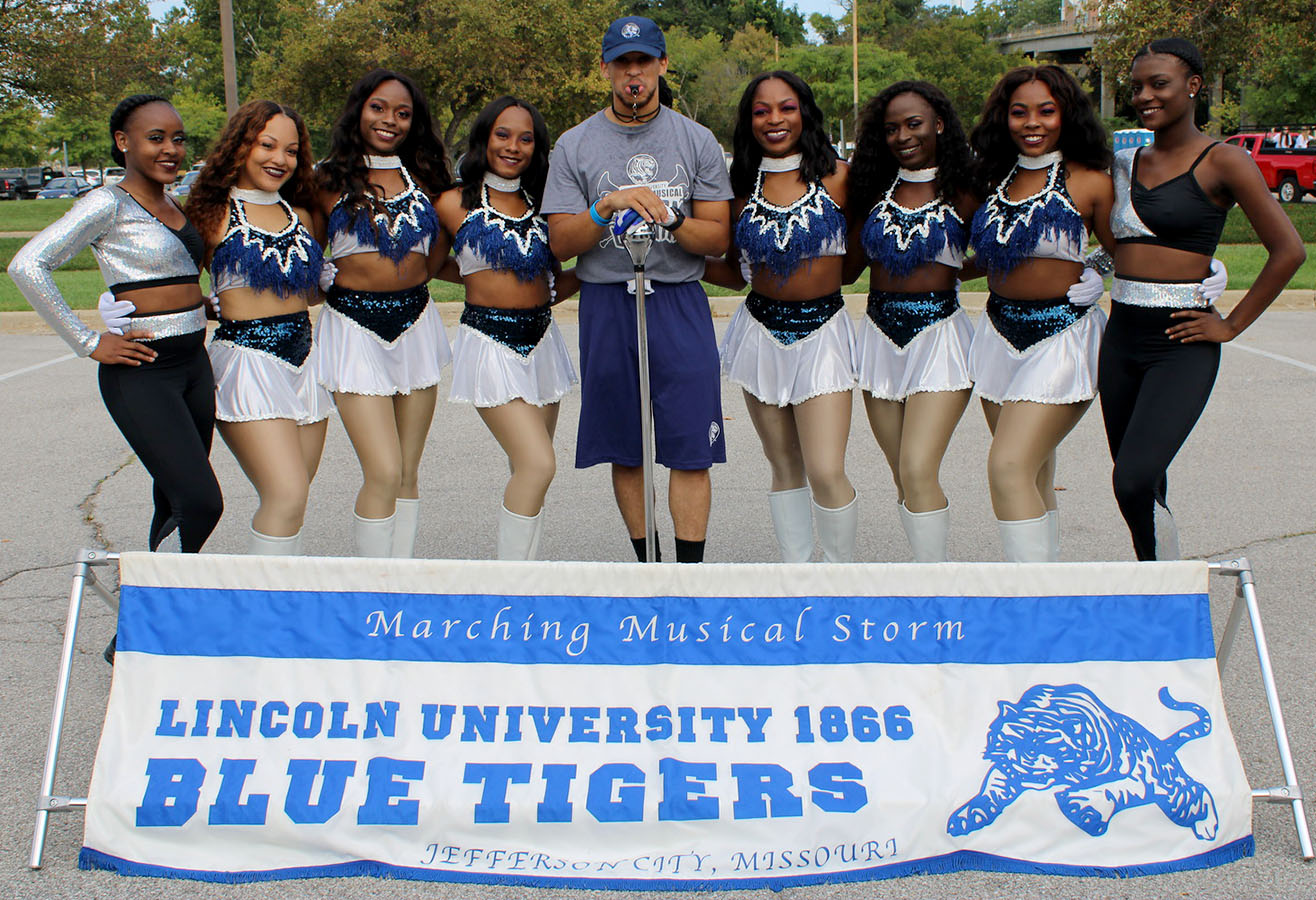
Miss Lincoln University



@Blankthawtz
@invalid @Originalman @#1 pick @Ziggiy @SupaVillain @Tug life @Idaeo @get these nets @MostReal @Bryan Danielson @Rollie Forbes @Sonic Boom of the South @staticshock @Charlie Hustle @BigAggieLean. @Optimus Prime @How Sway? @DropTopDoc @Johnny seawolf

